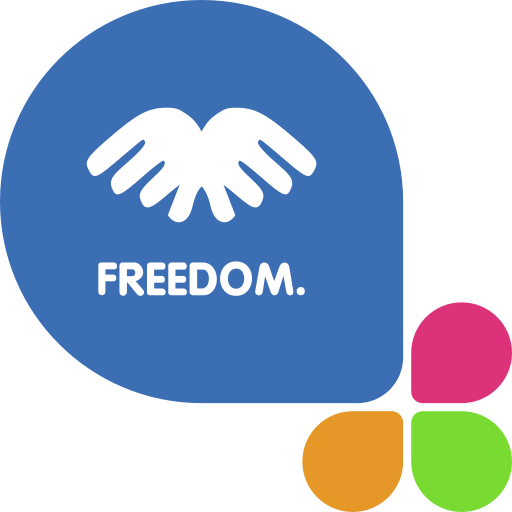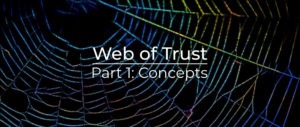Every day we rely on technologies who nobody can fully understand. Since well before the industrial revolution, complex and challenging tasks required an approach that broke out the different parts into smaller scale tasks. Each resulting in specialized knowledge used in some parts of our lives, leaving other parts to trust in skills that others had learned. This shared knowledge approach also applies to software. Even the most avid readers of this magazine, will likely not compile and validate every piece of code they run. This is simply because the world of computers is itself also too big for one person to grasp.
Still, even though it is nearly impossible to understand everything that happens within your PC when you are using it, that does not leave you blind and unprotected. 4-Freedoms, which gives you a wide array of other ‘affiliated’ rights and guarantees. In essence, FLOSS software uses copyright-licensing as a form of moral contract, that forces software developers not to leverage the one-way power against their users. The principle way of doing this, is with the the GNU General Public Licenses, which Richard Stallman created and has since been promoting.
One of those guarantees, is that you can see the code that should be running on your device. When you get a device using FLOSS software, then the manufacturer should provide you the code that the device is using, as well as all instructions that you need to compile that code yourself. Then you can replace the code on the device with the version you can compile yourself. Even better, if you compare the version you have with the version on the device, you can see if the device manufacturer tried to cheat you or other customers.
This is where the web of Trust comes back into the picture. The Web of Trust implies that even if the vast majority of people can’t validate the workings of a device, that others can do so on their behalf. Journalists, security analysts and hobbyists, can do the work that others might be unable to do. And if they find something, they have the power to share their findings.
Security by Blind Trust
This is of course, if the application and all components underneath it, are FLOSS. Proprietary software, or even software which is merely Open Source, has compiled versions that nobody can recreate and validate. Thus, you can never truly know if that software is secure. It might have a backdoor, it might sell your personal data, or it might be pushing a closed ecosystem to create a legal guidelines, and Fedora’s principles are directly referencing the 4-Freedoms: Freedom, Friends, Features, and First

To this end, entire systems have been set up to facilitate this kind of security. Fedora works completely in the open, and any user can check the official servers. Koji is the name of the Fedora Buildsystem, and you can see every application and it’s build logs there. For added security, there is also Bohdi, which orchestrates the deployment of an application. Multiple people must approve it, before the application can become available.
This creates the Web of Trust on which you can rely. Every package in the repository goes through the same process, and at every point somebody can intervene. There are also escalation systems in place to report issues, so that issues can quickly be tackled when they occur. Individual contributors also know that they can be reviewed at every time, which itself is already enough of a precaution to dissuade mischievous thoughts.
You don’t have to trust Fedora (implicitly), you can get something better; trust in users like you.





